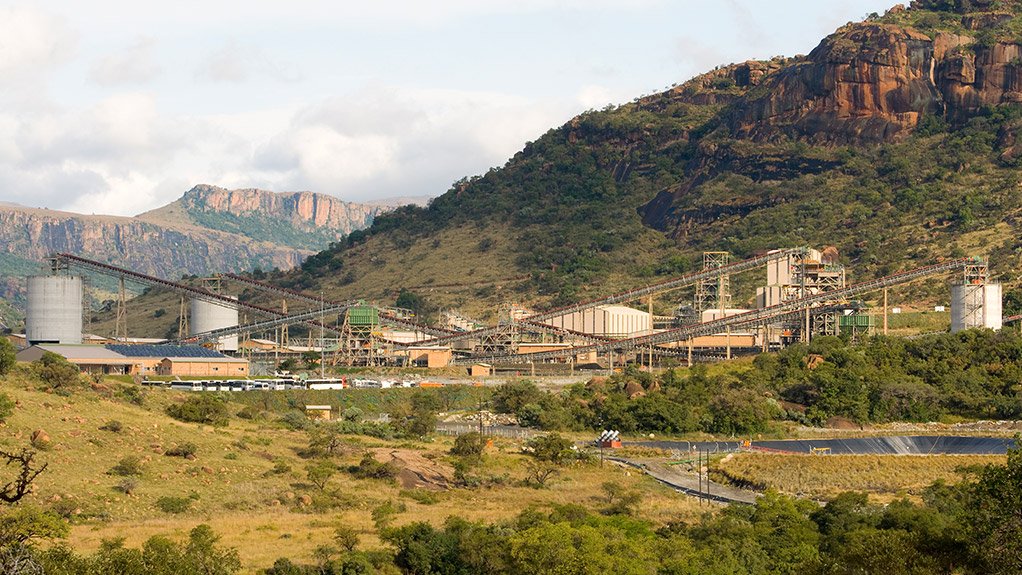JOHANNESBURG (miningweekly.com) – Platinum-mining company Northam on Friday reported a half-year loss and again resolved not to declare an interim dividend, owing to continuing difficult conditions in the mining industry and the cash requirements for the development of its assets.
The loss of R273-million in the six months to December 31 was made on a 5.4 % higher revenue of R3.2-billion.
Sales volumes were 19.3% higher at 248 075 oz, or 7 716 kg, on a lower R415 196/kg price basket, reflecting the sharp decline in dollar prices.
Concentrate from Booysendal was sold to Zondereinde during the period at 88% of the market-related price.
The cost of sales rose 17.8% to R3.1 billion in correlation with the
increase of 19.3% in volumes sold.
While group operating costs rose 14 % to R2.4-billion, group unit cash costs increased by only 0.3% to R340 274/kg.
Major cost-rise contributors were labour, electricity and inflation.
Northam CE Paul Dunne said that while lower platinum prices had placed enormous stress on the industry as a whole, Northam was well positioned to work through the current prices trough in the shorter term, with its future focus on developing shallow, mechanised operations – a fundamental consideration in the company’s acquisition of the Everest mine, the plant of which processed Booysendal South’s ore.
Dunne described the company’s 100-million-ounce Booysendal resource as offering superior risk-to-reward ratio.
In the six months to December 31, production had been steadily ramped up at Booysendal North property, reaching the planned full production run rate at the end of the period.
The next stage would be the start of the development of Booysendal South using established infrastructure as a base.
He said the company’s empowerment transaction with Zambezi Platinum had delivered a R4-billion cash injection into the company at a time of perceived bottoming of the platinum price cycle.
Northam’s Zondereinde mine, Dunne said, had adjusted well to a higher upper group two reef mining ratio, which had resulted in a reduction in unit cash costs.
The three-year wage agreement that came into effect in January was promising a period of stable labour relations from which all stakeholders could benefit.
Edited by: Creamer Media Reporter
EMAIL THIS ARTICLE SAVE THIS ARTICLE
To subscribe email subscriptions@creamermedia.co.za or click here
To advertise email advertising@creamermedia.co.za or click here













